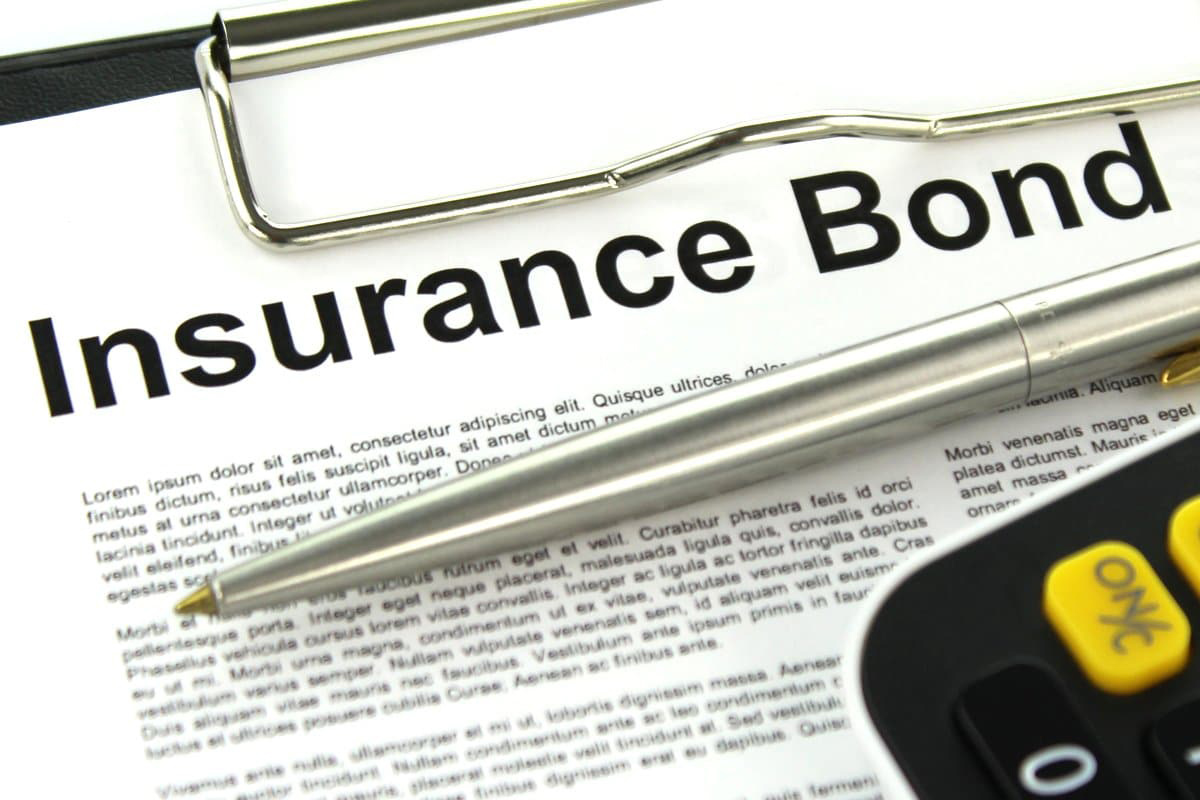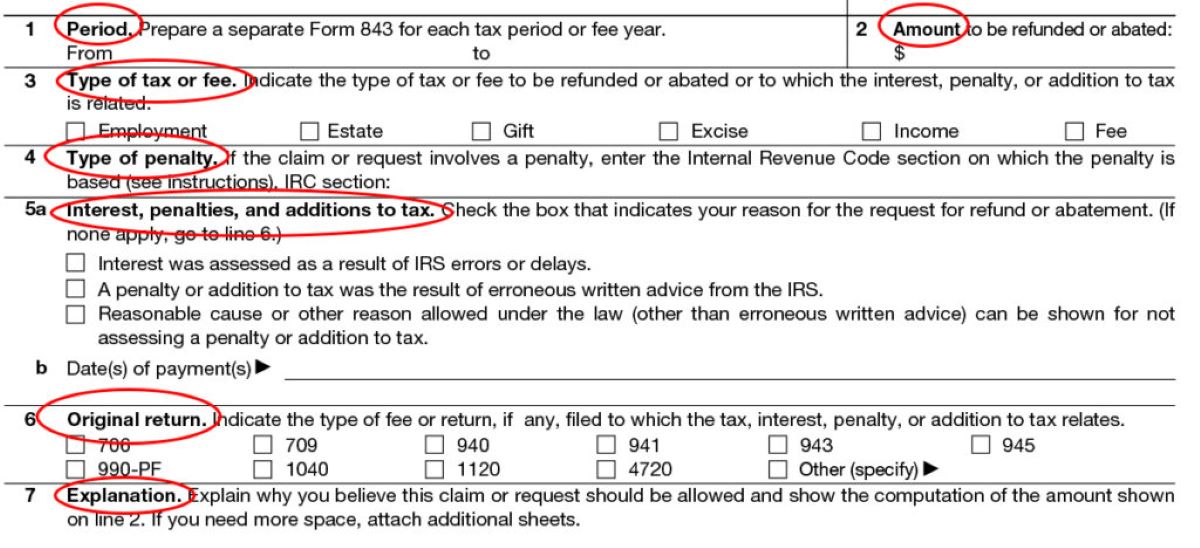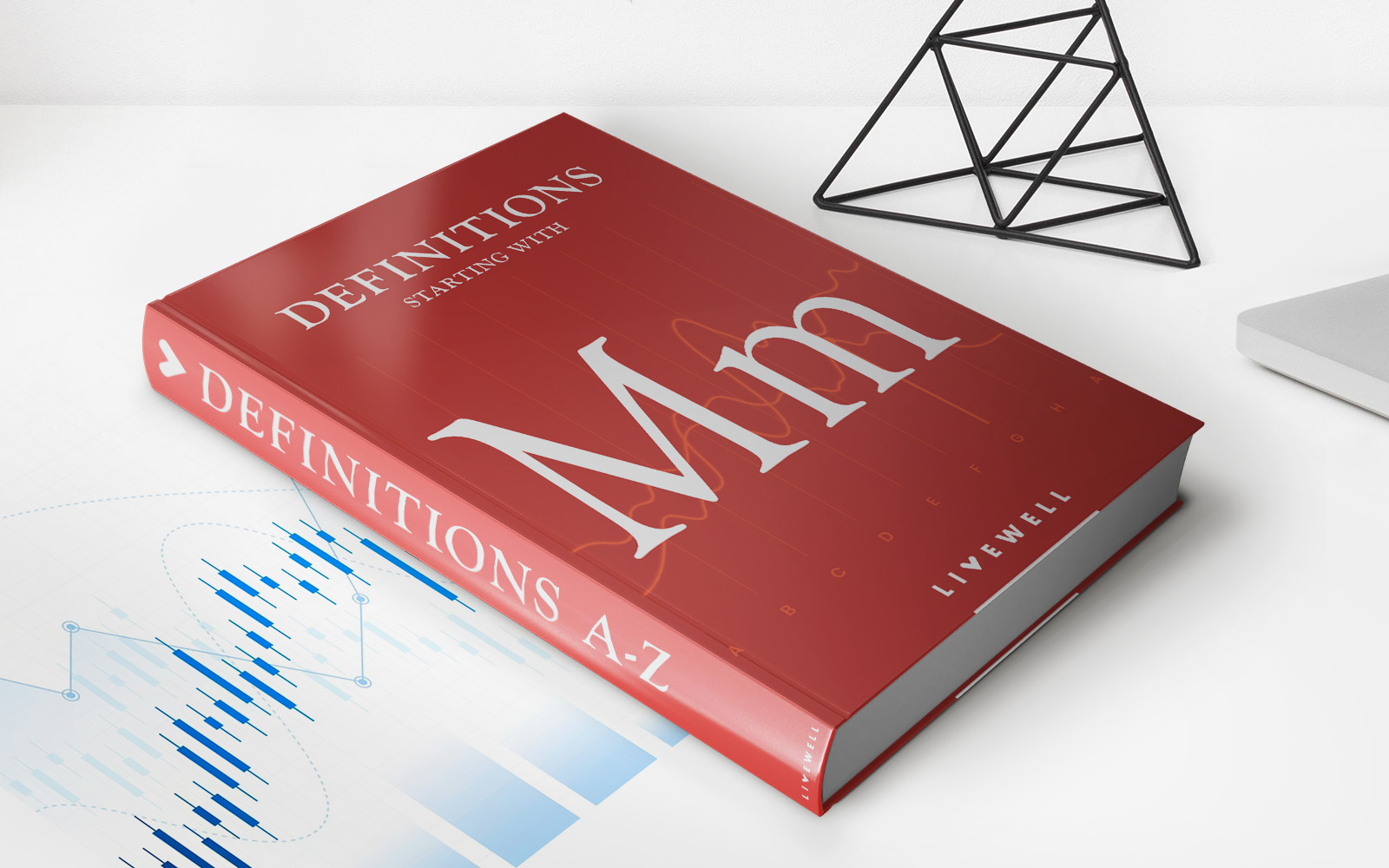

Finance
What Is A PEO Insurance
Modified: December 30, 2023
(Many of the links in this article redirect to a specific reviewed product. Your purchase of these products through affiliate links helps to generate commission for LiveWell, at no extra cost. Learn more)
Table of Contents
Introduction
Welcome to the world of PEO insurance – a vital component of the financial landscape that offers comprehensive coverage and peace of mind for businesses of all sizes. Whether you’re a small startup or a multinational corporation, understanding the importance of PEO insurance and how it can protect your business is essential.
PEO, which stands for Professional Employer Organization, is a strategic partnership between a business and a PEO provider. PEO insurance is a type of insurance coverage that the PEO company offers to the businesses it services. It helps mitigate risks, provides financial protection, and ensures compliance with employment laws and regulations.
Running a business comes with inherent risks, and without proper insurance coverage, those risks can jeopardize the financial stability and longevity of the company. This is where PEO insurance steps in to provide a safety net, offering a wide range of coverage options tailored to specific industries and business needs.
In the fast-paced and ever-changing world of business, having the right insurance coverage is crucial. From protecting your assets to safeguarding your employees and clients, PEO insurance plays a vital role in mitigating risk and ensuring business continuity.
As a business owner, it’s important to familiarize yourself with the world of PEO insurance to make informed decisions that will protect your company and its stakeholders. In this article, we will delve into the intricacies of PEO insurance, its benefits, coverage options, and factors to consider when choosing the right policy for your business.
So, whether you’re a seasoned entrepreneur or just starting on your business journey, read on to discover all you need to know about PEO insurance and how it can be a game-changer for your business.
Definition of PEO Insurance
PEO insurance, also known as Professional Employer Organization insurance, is a type of insurance coverage provided by PEO companies to businesses that enter into a co-employment relationship. A PEO acts as an integrated partner, offering a wide range of HR services, including payroll, benefits administration, compliance, and risk management. PEO insurance is an essential component of the comprehensive services offered by PEOs to protect businesses and mitigate risks.
When a business partners with a PEO, they enter into a co-employment arrangement. This means that the PEO becomes the employer of record for certain HR and administrative purposes, while the business maintains control over day-to-day operations and management. As part of this co-employment relationship, the PEO company assumes certain employer responsibilities, including providing insurance coverage.
PEO insurance covers a range of risks and liabilities that businesses face in their operations. It typically includes general liability insurance, workers’ compensation insurance, employment practices liability insurance (EPLI), and often includes additional coverage options such as cyber liability insurance and professional liability insurance.
General liability insurance protects businesses from third-party claims of bodily injury, property damage, and personal injury. Workers’ compensation insurance provides coverage for workplace injuries and occupational illnesses, ensuring that injured employees receive necessary medical treatment and compensation for lost wages.
Employment practices liability insurance (EPLI) protects businesses against claims made by employees alleging wrongful employment practices, such as discrimination, harassment, and wrongful termination. This coverage is crucial in today’s litigious society and helps mitigate the financial risks associated with employment-related lawsuits.
Cyber liability insurance provides coverage for expenses related to data breaches, cyberattacks, and network security threats. In an increasingly digital world, safeguarding sensitive customer and employee information is paramount, and cyber liability insurance helps businesses navigate the growing risks and costs associated with data breaches.
Professional liability insurance, also known as errors and omissions insurance, is often included in PEO insurance policies to protect businesses from claims arising from professional negligence or failure to perform services with the expected level of care and skill. This coverage is particularly important for businesses that offer professional services, such as consultants, architects, or accountants.
By offering a package of comprehensive insurance coverage, PEO insurance provides businesses with the peace of mind and financial protection they need to thrive in today’s competitive landscape. The specific coverage options and limits may vary depending on the PEO company and the unique needs of the business.
How Does PEO Insurance Work?
PEO insurance works by providing businesses with comprehensive insurance coverage as part of their co-employment relationship with a Professional Employer Organization (PEO). When a business partners with a PEO, they essentially outsource their HR functions to the PEO company, including payroll, benefits administration, compliance, and risk management. PEO insurance is an integral part of the services offered by the PEO to protect the business and its employees.
When a business enters into a co-employment relationship with a PEO, the PEO becomes the employer of record for certain HR purposes. This means that the PEO takes on the responsibility of managing employee-related tasks, such as payroll processing, benefits administration, and compliance with employment laws and regulations.
As part of this co-employment arrangement, the PEO company provides insurance coverage to the business. The specific insurance coverage and limits are typically outlined in a contractual agreement between the business and the PEO. This agreement ensures that the business has the necessary insurance protection in place to mitigate various risks.
PEO insurance coverage can include general liability insurance, workers’ compensation insurance, employment practices liability insurance (EPLI), cyber liability insurance, and professional liability insurance, among others. The extent and types of coverage offered by the PEO can vary depending on the industry, business size, and specific needs of the business.
One of the significant advantages of PEO insurance is that it allows businesses to benefit from the collective buying power of the PEO company. PEOs work with multiple clients, pooling their resources and negotiating insurance policies with insurers at a lower cost. This can result in more affordable premiums and broader coverage options for the businesses in the PEO’s portfolio.
Additionally, PEO insurance helps businesses streamline their insurance management processes. Instead of dealing with multiple insurance providers and policies, the business works directly with the PEO to handle their insurance needs. This simplifies administrative tasks, reduces paperwork, and allows businesses to focus on their core operations.
In the event of a claim or an insurance-related issue, the business collaborates with the PEO to handle the process. The PEO acts as the liaison between the business and the insurance company, ensuring efficient claim management and resolution. This saves the business time and resources, as they can rely on the expertise of the PEO to navigate the complex insurance landscape.
It’s important for businesses considering PEO insurance to thoroughly review and understand the terms and conditions of the insurance coverage provided by the PEO. This includes understanding the coverage limits, deductibles, and any exclusions that may apply. Working closely with the PEO company and keeping open lines of communication will ensure that the business has the appropriate insurance coverage to protect its assets and mitigate risks.
Benefits of PEO Insurance
PEO insurance offers businesses a plethora of benefits, making it a valuable investment for companies of all sizes and industries. Here are some of the key advantages of having PEO insurance:
1. Comprehensive Coverage: PEO insurance provides businesses with a comprehensive insurance package that includes general liability, workers’ compensation, employment practices liability, and other coverage options. This holistic approach ensures that businesses have the necessary protection to mitigate various risks.
2. Risk Mitigation: PEO insurance helps businesses mitigate risks associated with lawsuits, workplace injuries, and other unforeseen events. With proper insurance coverage in place, businesses can handle legal claims, medical expenses, and other financial burdens without jeopardizing their financial stability.
3. Cost Savings: PEO insurance enables businesses to access more affordable insurance premiums. By leveraging the collective buying power of the PEO and negotiating with insurers, businesses can secure competitive rates that may not be available to them independently. This cost-saving potential is particularly beneficial for small and medium-sized businesses with limited budgets.
4. Expertise and Support: Partnering with a PEO provides businesses with access to expert advice and support. PEOs have a team of HR professionals, risk management specialists, and insurance experts who can help businesses navigate complex insurance policies, provide guidance on compliance, and assist with claim management.
5. Streamlined Administration: With PEO insurance, businesses can streamline their insurance management processes. They no longer need to deal with multiple insurance providers or handle cumbersome paperwork. The PEO handles the administrative tasks, allowing businesses to focus on their core operations.
6. Peace of Mind: Having comprehensive insurance coverage gives businesses peace of mind, knowing that they are protected against unforeseen events and liabilities. This peace of mind allows business owners to focus on running their operations without worrying about potential risks derailing their progress.
7. Employee Satisfaction: PEO insurance often includes benefits packages that can be customized to meet the needs of your employees. This can include health insurance, retirement plans, and other perks. Providing comprehensive benefits not only attracts top talent but also boosts employee satisfaction and retention.
8. Compliance: PEOs stay up-to-date with the ever-changing landscape of employment laws and regulations. They ensure that businesses remain compliant with relevant laws, reducing the risk of penalties and lawsuits. PEO insurance often includes legal support to help businesses navigate complex compliance issues.
9. Flexibility: PEO insurance offers flexibility in coverage options. Depending on the specific needs of the business, coverage can be tailored to include additional policies such as cyber liability or professional liability insurance. This flexibility ensures that the business has the appropriate coverage for its unique operations.
Overall, PEO insurance provides businesses with a comprehensive and cost-effective solution to manage their insurance needs. It offers a wide range of benefits, including risk mitigation, cost savings, expert support, and peace of mind. By partnering with a PEO and investing in their insurance offerings, businesses can focus on growth and success while leaving the insurance complexities to the experts.
PEO Insurance Coverage Options
PEO insurance offers businesses a variety of coverage options to protect against different risks and liabilities. While the specific coverage options can vary depending on the PEO company and the needs of the business, here are some common insurance coverage options typically included in a PEO insurance package:
1. General Liability Insurance: This coverage protects businesses from third-party claims of bodily injury, property damage, and personal injury. It provides financial protection and legal defense in the event of lawsuits related to accidents or negligence that occur on business premises or during business operations.
2. Workers’ Compensation Insurance: Workers’ compensation insurance covers medical expenses, rehabilitation costs, and lost wages for employees who suffer work-related injuries or illnesses. It is a crucial coverage option as it ensures that injured employees receive the necessary medical care and compensation while protecting the business from potential lawsuits.
3. Employment Practices Liability Insurance (EPLI): EPLI protects businesses against claims of wrongful employment practices, including discrimination, harassment, wrongful termination, and wage violations. This coverage is essential as it safeguards businesses from potential lawsuits brought forth by employees or job applicants.
4. Cyber Liability Insurance: Cyber liability insurance provides coverage for expenses and damages related to data breaches, cyberattacks, and other cyber-related incidents. As businesses increasingly rely on digital systems and store sensitive information, this coverage is crucial for protecting against financial losses, reputational damage, and potential legal liabilities resulting from a cyber incident.
5. Professional Liability Insurance: Professional liability insurance, also known as errors and omissions insurance, protects businesses that provide professional services from claims of negligence, errors, or omissions in their services. This coverage is particularly important for businesses in consulting, legal, healthcare, or other professional service industries.
6. Commercial Property Insurance: Commercial property insurance covers physical assets, such as buildings, equipment, inventory, and furniture, against risks such as fire, theft, vandalism, or natural disasters. This coverage is essential for businesses that own or lease property and need protection for their valuable assets.
7. Business Interruption Insurance: Business interruption insurance provides coverage for lost income and additional expenses incurred when a business is temporarily unable to operate due to covered events, such as natural disasters, fire, or other unforeseen circumstances. It helps businesses recover and continue operations during the interruption period.
8. Directors and Officers Liability Insurance (D&O): D&O insurance protects company directors and officers from personal liability arising from their decisions and actions while serving in their respective roles. This coverage is essential for businesses to attract and retain skilled individuals for leadership positions.
It’s important for businesses to work closely with their chosen PEO to understand the specific coverage options available and ensure that the coverage aligns with their unique risks and needs. The PEO will help customize the insurance package based on factors such as industry, business size, and specific operations to provide optimal protection against potential risks and liabilities.
Factors to Consider When Choosing PEO Insurance
Choosing the right PEO insurance is a crucial decision that can have a significant impact on the financial security and stability of your business. To ensure you select the most suitable coverage options, here are some essential factors to consider:
1. Industry-Specific Risks: Evaluate the specific risks and liabilities associated with your industry. Different industries have unique challenges and exposures, so it’s important to choose a PEO insurance package that addresses the specific risks your business faces. For example, a construction company may require higher coverage limits for workers’ compensation due to the nature of their work.
2. Compliance with Regulations: Assess the PEO’s track record and expertise in ensuring compliance with employment laws and regulations. Compliance failures can result in costly penalties and legal issues. Make sure the PEO has a strong understanding of the relevant laws and provides resources to help your business stay compliant.
3. Claims Management Support: Review the PEO’s claims management process and support. A PEO with a proactive claims management approach can help expedite the claims process and minimize disruptions to your business operations. Ensure the PEO has a dedicated claims team and a solid reputation for handling claims efficiently.
4. Coverage Limits and Deductibles: Consider the coverage limits and deductibles offered by the PEO. Evaluate whether the limits are sufficient to protect your business adequately. Keep in mind that opting for higher coverage limits may result in slightly higher premiums but can provide greater financial protection in the event of a claim.
5. Additional Coverage Options: Assess whether the PEO offers additional coverage options that align with your business needs. Depending on your industry and operations, you may require specific coverage options such as cyber liability insurance, professional liability insurance, or commercial property insurance. Evaluate the flexibility of the PEO in customizing the insurance package to fit your unique requirements.
6. Financial Stability: Examine the financial stability and reputation of the PEO and the insurance carriers they partner with. You want to ensure that the PEO has the financial strength to fulfill their obligations and pay out claims effectively. Research the PEO’s financial standing and seek reviews and testimonials from current or past clients.
7. Customer Service and Support: Evaluate the level of customer service and support provided by the PEO. A responsive and knowledgeable team can make a significant difference when it comes to resolving any insurance-related issues or answering your questions. Look for a PEO that offers dedicated account managers and a reliable support system.
8. Pricing and Cost Transparency: Consider the overall pricing structure and cost transparency. Obtain detailed quotes that outline the premiums and any additional fees associated with the PEO insurance package. Compare the prices and ensure that the coverage offered aligns with the value you expect. Be wary of any hidden costs or unexpected fees.
9. Client Feedback and References: Seek feedback from current or past clients of the PEO. Their firsthand experiences can provide valuable insights into the quality of service, claims handling, and overall satisfaction with the PEO insurance coverage. Request references from the PEO and reach out to existing clients to gather feedback.
By carefully considering these factors, you can make an informed decision when selecting PEO insurance coverage. It’s important to conduct thorough research, ask questions, and collaborate closely with the PEO to ensure that the chosen coverage options align with your business’s unique needs and provide adequate protection against potential risks.
Conclusion
PEO insurance is an indispensable tool for businesses to protect against a wide range of risks and liabilities. By partnering with a Professional Employer Organization (PEO) and investing in comprehensive insurance coverage, businesses can gain peace of mind, financial security, and access to expert support.
The benefits of PEO insurance are manifold. It offers businesses access to comprehensive coverage options such as general liability insurance, workers’ compensation insurance, employment practices liability insurance (EPLI), cyber liability insurance, and professional liability insurance. These coverage options help businesses mitigate risks, comply with regulations, and protect against potential financial losses resulting from lawsuits, workplace injuries, or cyber incidents.
In addition to coverage, PEO insurance provides businesses with cost savings through the collective buying power of the PEO. This means that businesses can leverage the PEO’s negotiating power to obtain competitive premiums and broader coverage options that might not be available on an individual basis. This cost-effectiveness is particularly beneficial for small and medium-sized businesses with limited budgets.
Partnering with a PEO for insurance also offers businesses access to a team of HR professionals, risk management specialists, and insurance experts. These experts provide valuable guidance, assistance with compliance, claims management support, and overall HR services, allowing businesses to streamline their insurance administration and focus on their core operations.
However, when selecting PEO insurance, several factors need to be considered. This includes evaluating industry-specific risks, assessing compliance capabilities, reviewing claims management processes, understanding coverage limits and deductibles, and ensuring the financial stability of the PEO and insurance carriers. Moreover, transparency in pricing and strong customer service and support are crucial aspects to consider.
In conclusion, PEO insurance is a valuable investment for businesses of all sizes and industries. It offers comprehensive coverage, risk mitigation, cost savings, expert support, compliance assistance, and peace of mind. By carefully evaluating the coverage options and partnering with a reputable PEO, businesses can secure the insurance protection they need and focus on achieving their long-term goals and success.














